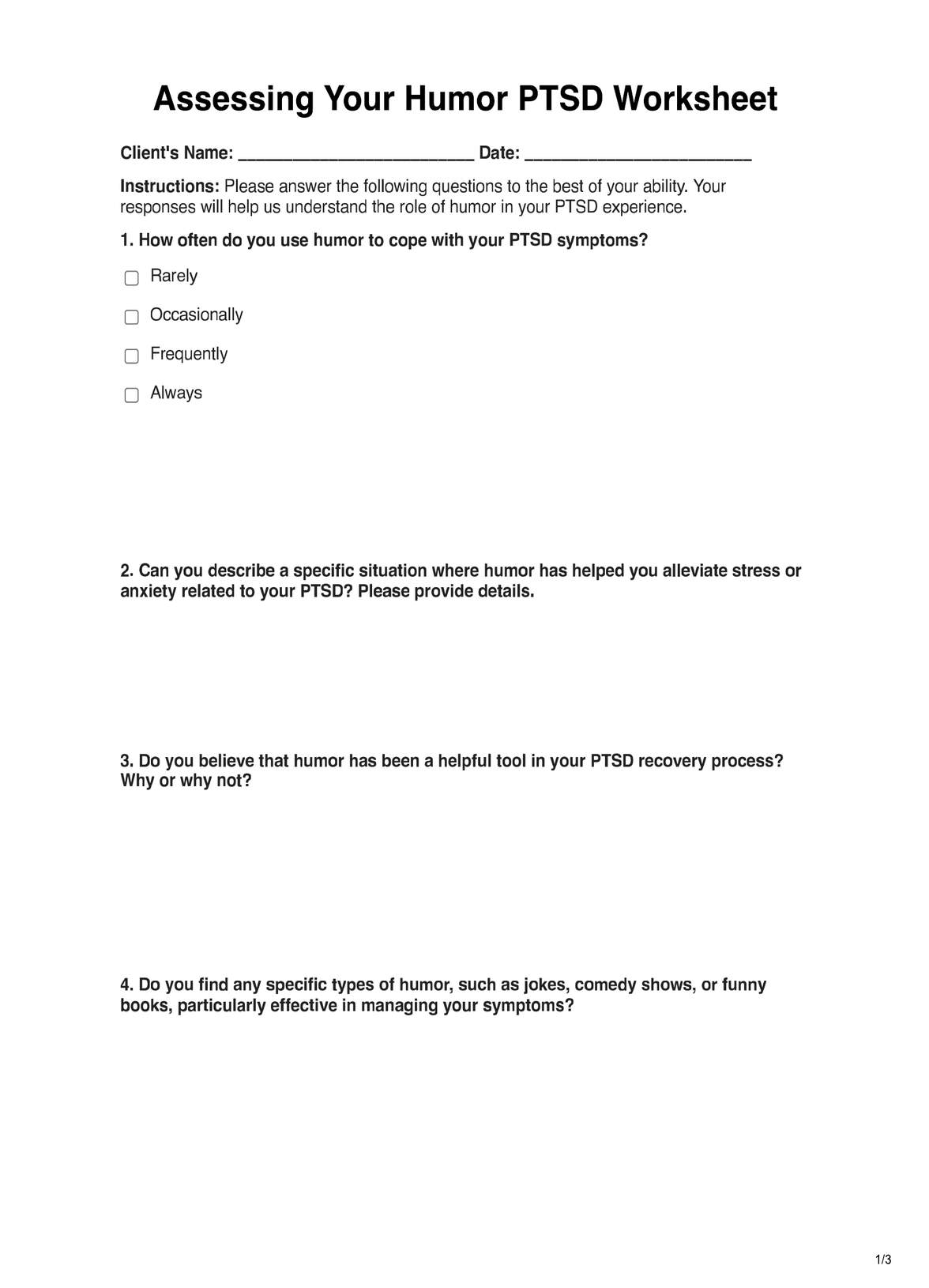What is Trauma and PTSD?
Trauma is an emotional response to a distressing event that overwhelms an individual's coping ability. It can result from many experiences, including accidents, natural disasters, physical or emotional abuse, and combat. Trauma triggers various psychological and physical reactions, affecting a person's overall well-being.
Post-Traumatic Stress Disorder (PTSD) is a mental health condition that can develop after experiencing or witnessing a traumatic event. People with PTSD may experience symptoms such as intrusive thoughts, flashbacks, nightmares, severe anxiety, and emotional detachment. These symptoms often persist for months or years, interfering with daily life and functioning.
Humor plays an interesting role in the context of PTSD. While it may seem incongruous to connect humor with trauma, it can be a powerful coping mechanism. Laughter and humor can serve as a buffer against the distressing symptoms of PTSD. They temporarily release the constant anguish and tension that individuals with PTSD may experience. Humor can also create a sense of connection with others, fostering a supportive environment for those affected by trauma.
However, it's important to note that humor's effectiveness in managing PTSD varies from person to person. Some individuals may find relief through humor, while others may not. It is essential to approach this subject with sensitivity, as not all forms of humor are suitable or helpful. Sometimes, humor may be used as a defense mechanism to avoid confronting traumatic experiences, which can hinder healing.
Trauma is a response to distressing events, and PTSD is a specific psychological disorder that can result from exposure to trauma. Humor can be a valuable tool for some individuals in managing the symptoms of PTSD. Still, its impact is highly individualized and should be approached with care in trauma recovery.












